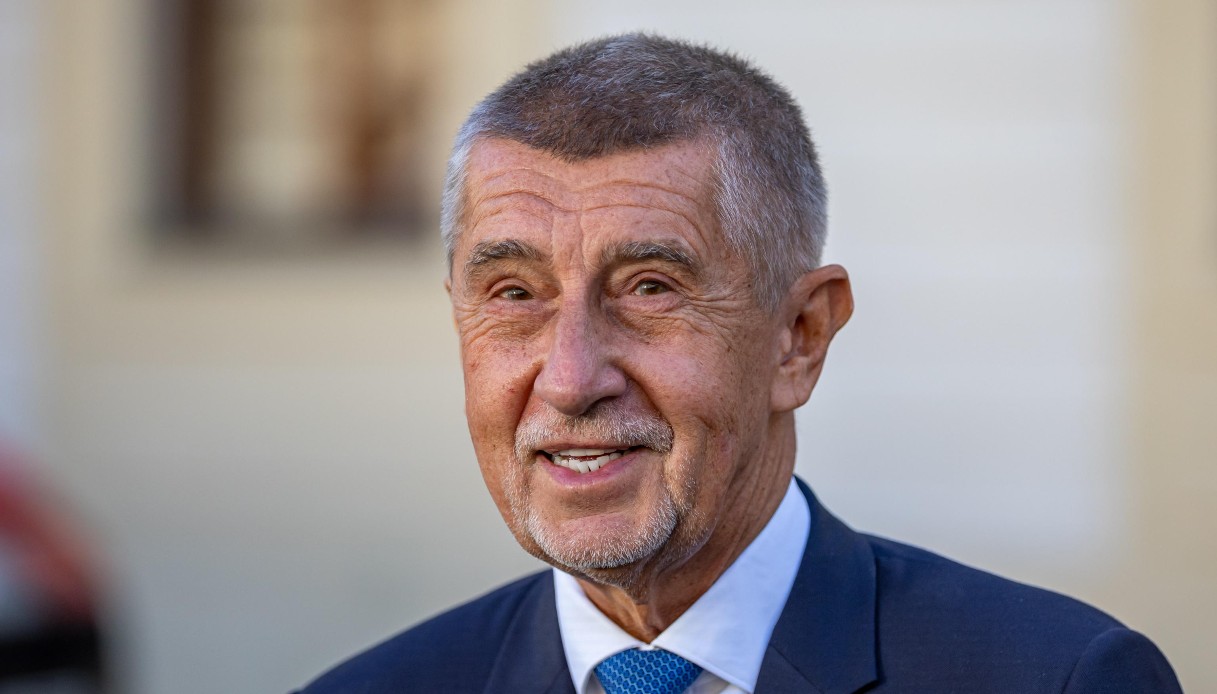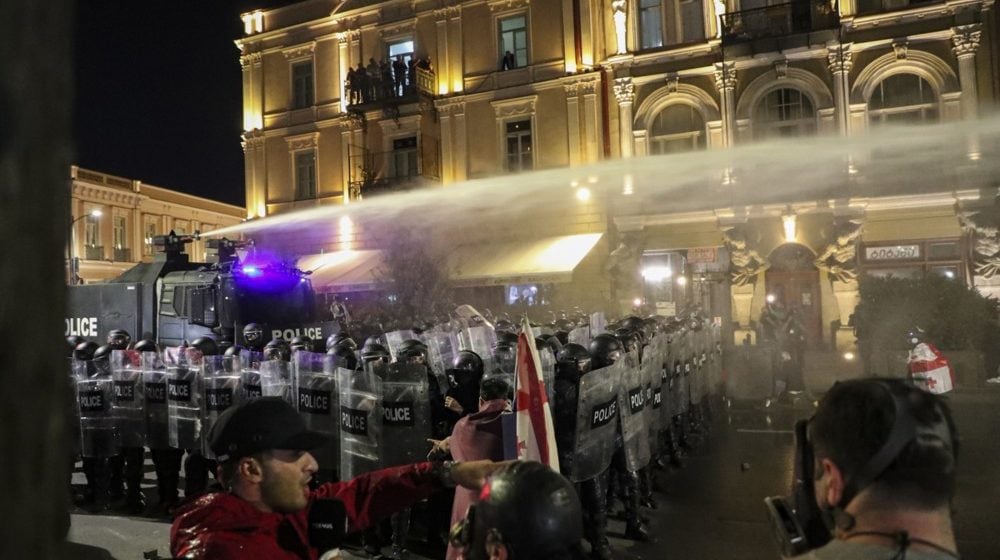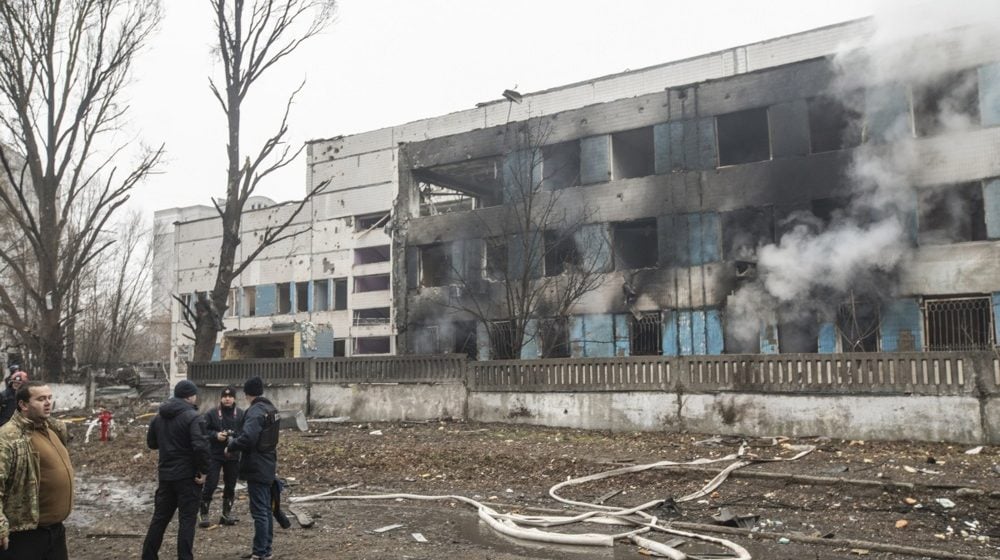The former and most likely future Czech Prime Minister, leader of the populist Action of Dissatisfied Citizens Andrej Babiš, suddenly began to praise the Czech initiative Ammunition for Ukraine after the elections — the same initiative he had threatened to abolish during the campaign ahead of the parliamentary elections on October 3 and 4, as well as support for Ukraine in general.
“Of course, that initiative is certainly good, but it should have been done directly, it should have been carried out by NATO member states, and it should have been transparent. I saw it the way President Trump did: NATO should have mechanisms for how American weapons are sold,” Babiš said today after the formation of the parliamentary group in the Parliament – reports Danas.
Babiš has now completely changed his narrative and said that he has already spoken with Czech President Petr Pavel to learn how the international initiative works. Through this initiative, the Czech Republic mediates the procurement of artillery ammunition in third countries, including Serbia, primarily of post-Soviet origin, which is paid for by Western countries and donated to Ukraine.
Immediately after the election, Babiš changed his tone and emphasized that what bothered him was allegedly Czech arms dealers profiting from mediating in purchases. He said he is ready to talk with Ukrainian President Volodymyr Zelensky about making the initiative more transparent.
The Czech Republic is only an intermediary in this initiative. It made a single small payment last year when the initiative started.
Today Babiš also stated that the Czech Republic will no longer provide military aid to Ukraine “directly from the budget.”
“If we are in government, we will say: ‘Czech arms factories, if you want to export weapons to Ukraine, we have no problem with that!’. But we will not give a single crown directly from our budget to Ukraine for weapons, because we claim to give 2.5 billion euros to Europe, which helps Ukraine,” said Babiš.
“We have helped Ukraine and we will continue to help, but now not directly, only through the European Union. We don’t have money here for the Czech Republic,” Babiš added.
Today, Babiš accused the outgoing center-right government of Prime Minister Petr Fiala of leaving behind a paralyzed budget.
The likely future Prime Minister also accused Fiala’s government and especially Defense Minister Jana Černochová of squandering money on weapons purchases.
“We now have tanks but no roads and no medicines. What good are tanks to us…,” said Babiš.
Babiš, an agribusiness and chemical industry tycoon, the seventh richest Czech, announced that by Friday of this week he will know how the division of ministries has been agreed upon with two smaller anti-system parties that want to join his government.
The radical nationalist, anti-immigration, and more anti-Ukrainian than pro-Russian party “Freedom and Direct Democracy” (SPD), which has one-third of its parliamentary group members from marginal extremist parties, plans to send non-partisan experts into the government and wants the position of Speaker of the Chamber of Deputies for its leader Tomio Okamura.
The SPD’s main goal was to obtain the Ministry of the Interior. However, this is no longer on the table because Okamura demanded after the election that the chief of police — who is prosecuting him for racist and brutal anti-refugee campaign posters — be dismissed.
Babiš categorically rejected the idea that politicians can replace the police chief because of their criminal prosecution and added that after these “meaningless and unfortunate statements” by Okamura, it is questionable whether the SPD will get that ministry at all.
The Eurosceptic but not pro-Russian, anti-system right-wing new party Motorists also wants two or three ministries in the government and demands that its honorary president, MEP Filip Turek, become Minister of Foreign Affairs.











